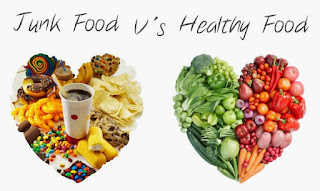Good dental hygiene should help you clear
up a bad case of halitosis. But what's causing your stinky breath in the first
place? If you're constantly
popping mints or chewing gum to cover up bad breath, you're not alone.
Why? Most cases of halitosis are caused by improper dental hygiene. If you don't brush and floss
your teeth after every meal, bits of food that get stuck in your teeth and gums
and on your tongue will begin to decay and emit foul odors.
An unclean mouth also means that bacteria can grow, potentially
leading to gum disease, which is also one of the causes of bad breath. In
addition, certain foods and drink are more likely to cause bad breath,
including:
·
Garlic
·
Onions
·
Cheese
·
Orange juice
·
Soda, including
diet varieties
After these foods or drinks are digested, their oils make their
way into your bloodstream and are then carried into your lungs. The odor is
then released through your breath.
Other Causes of Bad Breath
Aside from what you eat and drink, bad breath can also be linked
to:
·
A dry mouth. Saliva is your mouth's natural cleanser, so when
your mouth is dry, dead cells can build up, which is what causes morning
breath. This is an even bigger problem if you sleep with your mouth open.
Smoking and certain medications can also cause dry mouth. In more extreme cases, you could
have a problem with your salivary glands that leaves your mouth unusually dry.
·
Chronic diseases. Sometimes underlying health conditions can cause bad
breath. Lung infections, cancers, kidney or liver failure, diabetes, and
gastroesophageal reflux disease, for example, are all associated with
halitosis.
·
Respiratory, mouth,
throat, and nose conditions. These conditions are also often associated with bad
breath. For example, discharge from a sinus
infection is known to cause bad breath. If you
have an upper respiratory infection such as bronchitis, the sputum coughed up
can also cause halitosis.
·
Tobacco products,
particularly smoking. Tobacco
products can dry your mouth and result in bad breath. People who use tobacco
are also at greater risk of developing gum disease, poor general oral health, and oral cancers.










